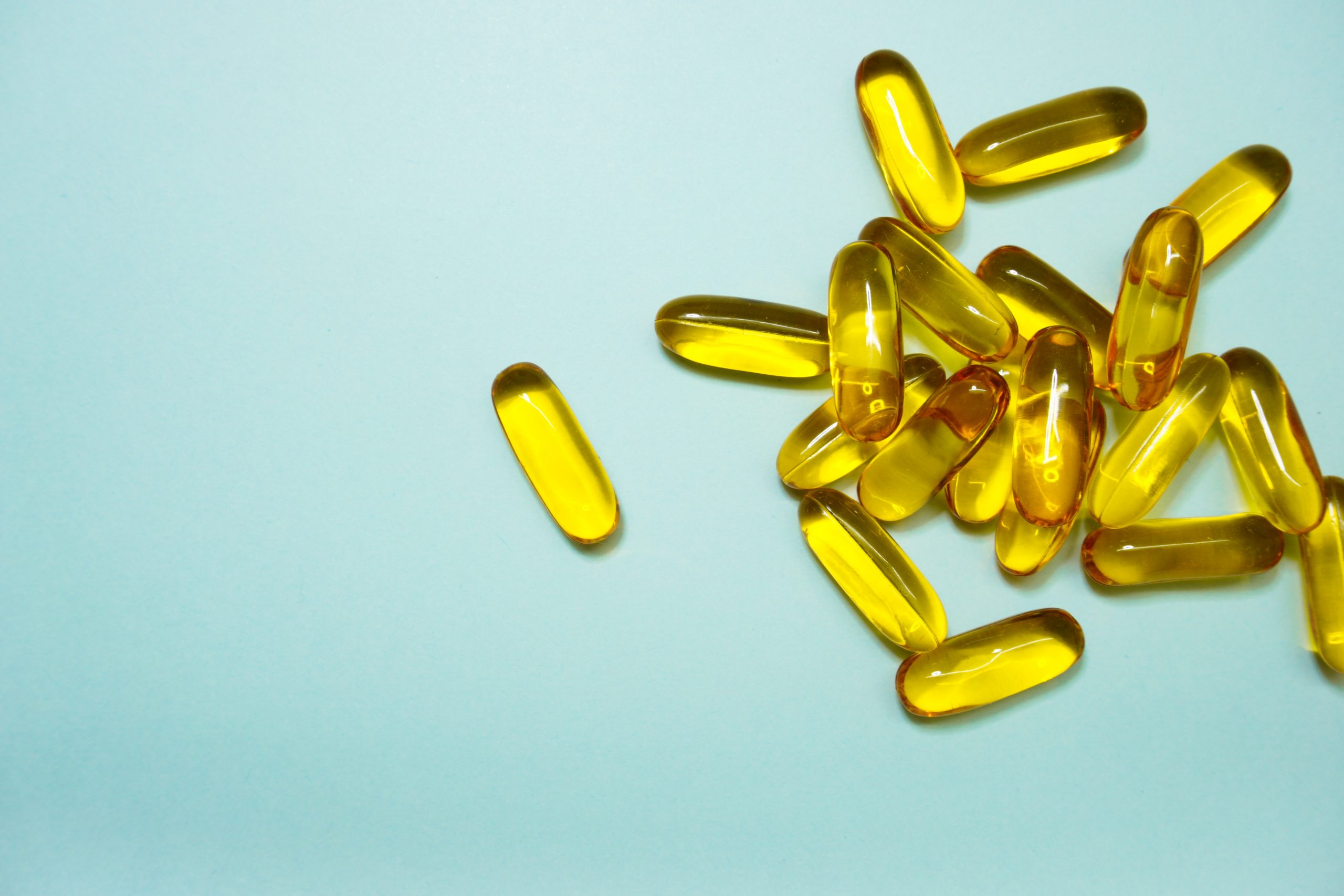Dr. Ray Peat on vitamin A


BiochemNordic
What does vitamin A do in the Body?
According to Dr. Ray Peat vitamin A is essential for a healthy hormonal balance as well as good eye, teeth, skin and immune function.
Vitamin A improves immunity.
Getting enough vitamin A is essential for good immune function as vitamin A is necessary for the integrity of mucous membranes and thereby the protection of the body from its outside environment.
Vitamin A helps fight stress and inflammation.
Vitamin A is necessary for the body’s ability to produce its protective anti-aging and anti stress hormones pregnenolone and progesterone. These hormones are produced in large amounts in youth and are thus called youth associated hormones.
The body uses vitamin A, cholesterol, red light, and thyroid hormone to produce progesterone and pregnenolone.
Progesterone and pregnenolone protects the body from the negative effects of stress and inflammation.
Anti-estrogenic effect of vitamin A.
Vitamin A has anti-estrogenic properties.
As explained in detail in our Hypothyroid Treatment Program, estrogen is both inflammation and aging promoting.
Vitamin A protects the body from the negative effects of estrogen excess.
Symptoms of vitamin A deficiency?
Symptoms of vitamin A deficiency include:
- Skin problems such as dry skin, acne, and dandruff.
- Problems with night vision.
- Hormonal issues including estrogen dominance and high prolactin.
- Immune system failure, making you more prone to infections.
What foods are rich in Vitamin A?
Several foods contain vitamin A. From highest to lowest content of Vitamin A, here are some foods which are rich in Vitamin A and also part of our thyroid-supporting diet.
Cod liver, turkey liver, beef pork and fish liver, chicken liver, ghee, butter, cheese, eggs, and milk.
With a diet high in these foods, most people get enough vitamin A. However, a high thyroid function can increase your need for Vitamin A.
Our thyroid promoting diet is based on Dr. Ray Peat’s nutritional research. The Ray Peat diet is explained in detail in our Hypothyroid Treatment Program.
How much vitamin A do I need?
Your metabolic rate determines how much vitamin A you need. According to Dr. Ray Peat, the higher your thyroid function the more vitamin A your body needs.
On the contrary, if you have low thyroid function using too much vitamin A, can suppress your metabolism further.
You can get an idea of your thyroid function by using our home thyroid test.
Vitamin a and low thyroid function:
If you have low thyroid function you need to be careful not to overdose on vitamin A. Using the foods mention above rich in vitamin A, will provide enough vitamin A without the risk of overdosing.
Vitamin A and high Thyroid function:
If you have high thyroid function, which is often the case if you are on thyroid replacement therapy, supplementing with vitamin A might be necessary in order to avoid the symptoms of vitamin A deficiency mentioned above.
types of vitamin A supplements?
If you need a vitamin A supplement, there are several things you need to be aware of.
First of all we recommend using a real vitamin A product, meaning retinol instead of the precursor to vitamin A called beta carotene, which is often promoted as a vitamin A supplement.
Why Beta-Carotene is dangerous?
Beta-carotene supplements are often sold as vitamin A but very little of the beta-carotene is actually converted to vitamin A.
Secondly beta-carotene has a similar structure to polyunsaturated fats, which inhibits thyroid function.
You can learn more about which foods and substances inhibit thyroid function in our Hypothyroid Treatment Program.
The best vitamin A supplement?
In our Nutritional Supplement Guide, you can learn what vitamin A (retinol) supplements we recommend and get different dosage examples for different vitamin A deficiency symptoms.
Our Nutritional Supplement guide contains a collection of high-quality vitamins, minerals and herbs that are helpful for supporting good thyroid function and a healthy hormonal balance.


